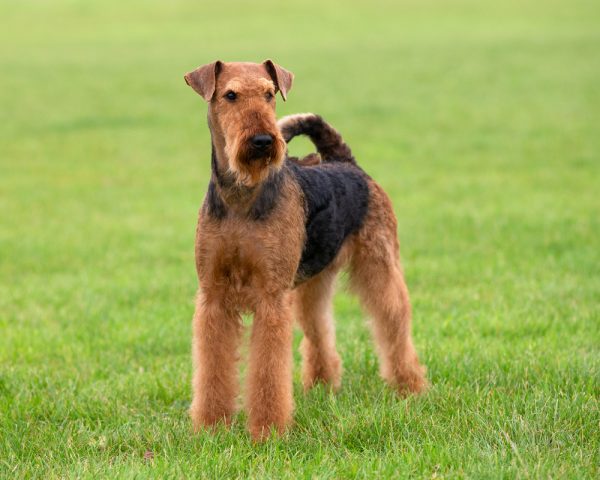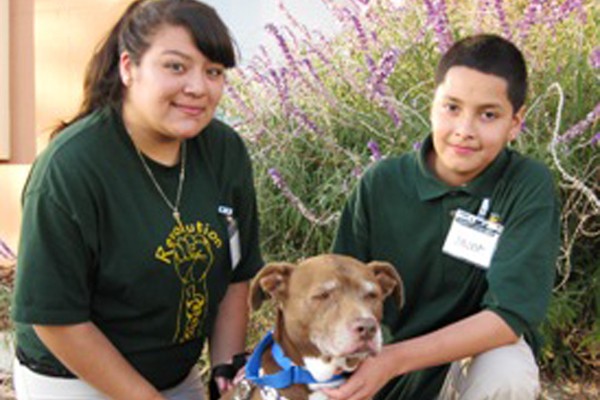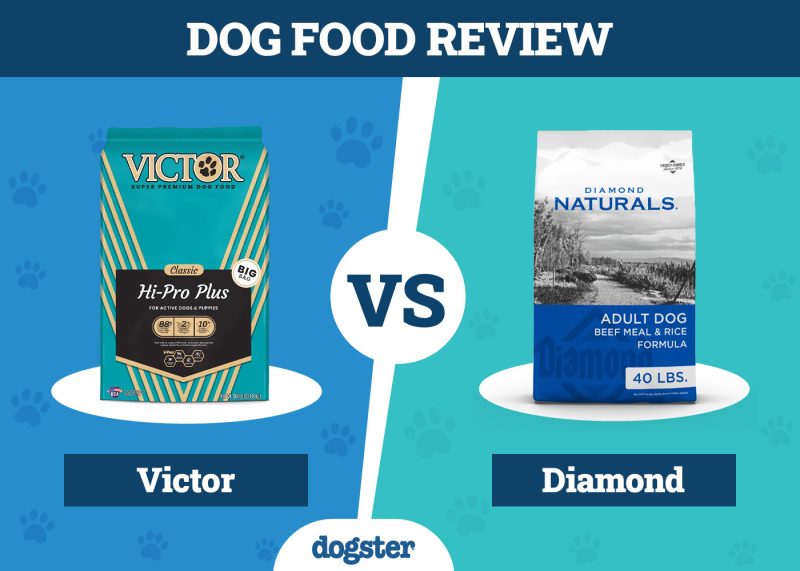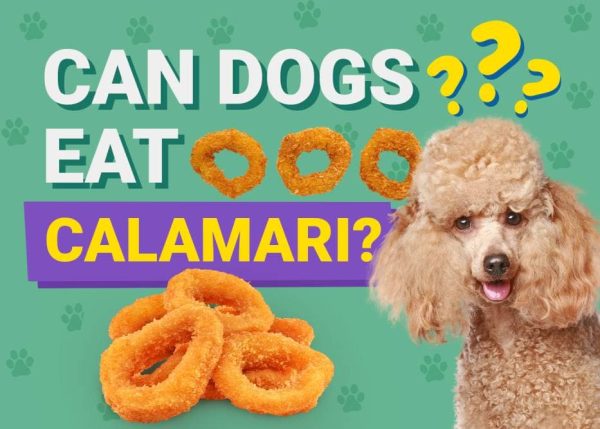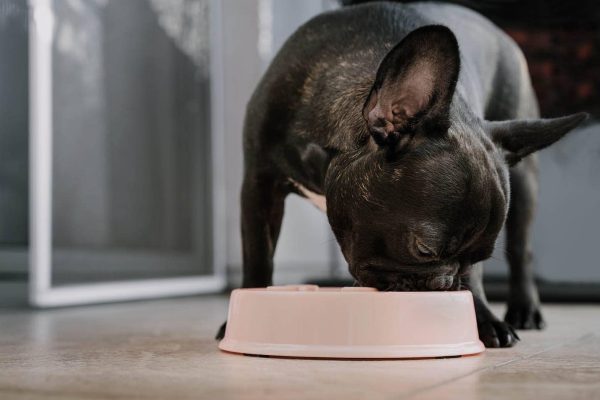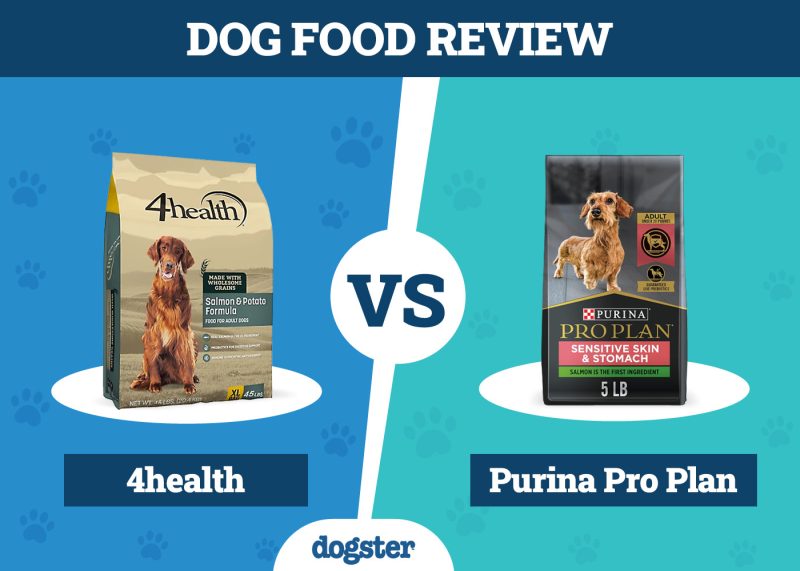“Healthy for humans” doesn’t always mean healthy for dogs.
If you drizzle olive oil on your salad or use it to cook nearly everything, you’re not alone. This Mediterranean staple has long been linked to human health perks, but can your four-legged friend join the olive oil club, too?
The short answer is: sometimes. But when it comes to dogs, even healthy oils can have unintended consequences. Let’s break down when olive oil is a good idea, and when it’s a hard no.

Is Olive Oil Safe for Dogs?
Yes, extra virgin olive oil (EVOO) is generally safe for dogs in small amounts. It’s a source of healthy monounsaturated fats and antioxidants, and it’s even used in some high-quality dog food formulas.
But it’s not one-size-fits-all. Just like with people, how your dog handles added fats depends on their overall health, diet, and digestion. And not every pup’s tummy will appreciate it.

Why Some Vets Recommend It
- It supports energy and nutrient absorption. Fat plays a crucial role in your dog’s health, from energy production to helping absorb fat-soluble vitamins like A and D. For puppies and lactating dogs, especially, getting enough fat is essential.
- It packs antioxidants. Extra virgin olive oil is rich in polyphenols, compounds that help fight cell-damaging free radicals. One called oleocanthal even has anti-inflammatory effects similar to ibuprofen (which, to be clear, is never safe for dogs).
- It might help digestion. In one study, dogs who ate diets with olive oil had improved protein digestion and felt full longer than those who had sunflower oil. For dogs who need help with digestion or appetite, olive oil may help—but only in moderation.
If you need to speak with a vet but can't get to one, head over to PangoVet. It's our online service where you can talk to a vet online and get the personalized advice you need for your pet — all at an affordable price!


When Olive Oil Becomes a Problem
It’s high in fat and calories.
One tablespoon = 124 calories and 14 grams of fat. For a small dog, that’s a huge chunk of their daily intake. Over time, excessive olive oil consumption can lead to weight gain and even obesity, negating any potential health benefits it may offer.
It can cause stomach upset.
Some dogs, especially those on low-fat diets, may not tolerate olive oil well. Sudden additions can lead to nausea, vomiting, or diarrhea. In more serious cases, it may even trigger pancreatitis, a painful and potentially dangerous condition.
Olive Oil vs. Other Oils
If you’re looking to boost your dog’s omega-3 intake, olive oil isn’t your best bet.
Marine-based oils like fish oil contain EPA and DHA, two essential fatty acids that support skin, joints, heart, and kidneys. Dogs can’t produce these on their own, so they need to get them from food or supplements.
That’s why vets often recommend fish oil for dogs with inflammation, arthritis, allergies, or chronic diseases. Olive oil? Great for some healthy fats, but not a cure-all.

Serving Olive Oil the Smart Way
Always talk to your vet first. Seriously. Every dog has different needs depending on size, breed, age, and medical history.
If you get the green light, start small:
- Begin with no more than 1 teaspoon per day
- Mix it into your dog’s regular food
- Watch for signs of discomfort or stomach upset
- Adjust portions based on weight and calorie needs
And remember that not every pup will love it. Dogs have sensitive noses, and some might give olive oil a hard pass.

Should You Add Olive Oil to Your Dog’s Bowl?
While olive oil can be a healthful addition to your dog’s diet, it should be used only in tiny amounts, and only if your vet agrees. Think of it as a supplement, not a staple.
The key is moderation, observation, and understanding your pup’s unique needs. With the right approach, a little EVOO could go a long way toward supporting your dog’s health.
Feature Image Credit: Steve Buissinne from Pixabay
Did You Know?
- Our brand-new posts are rounded up and included in our weekly emails. Don’t miss out on the latest – sign up for our newsletter below!








